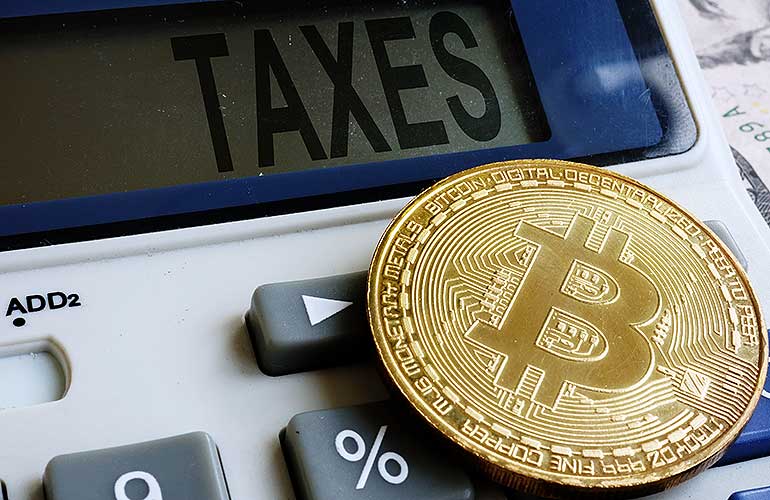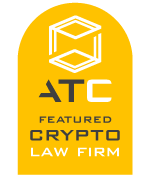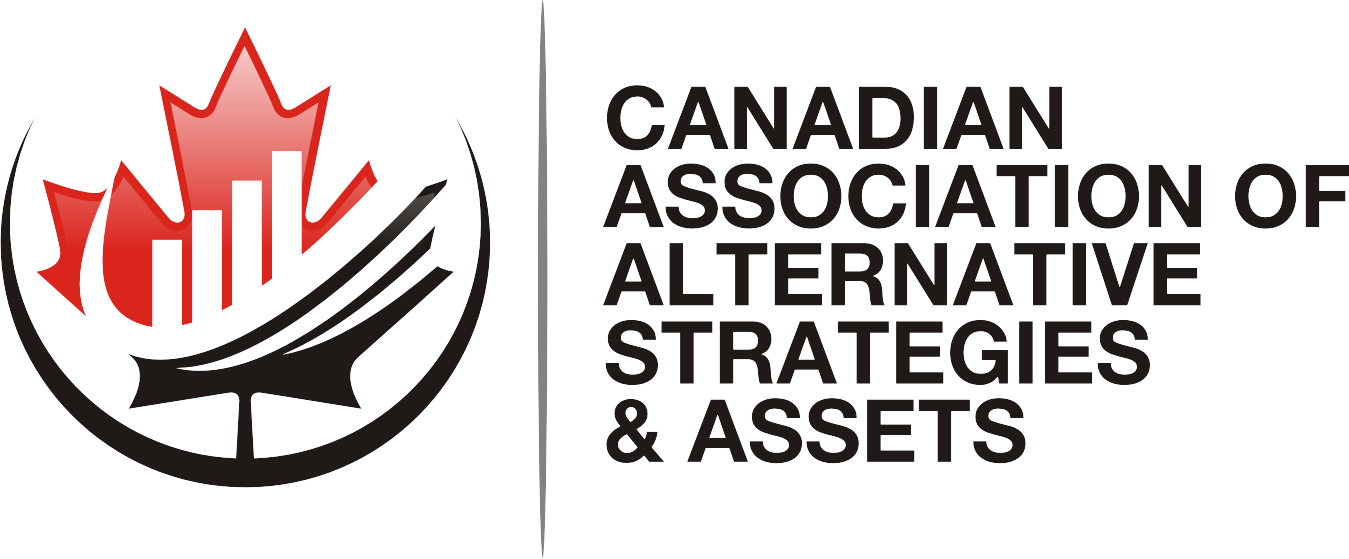
The use of Cryptocurrencies in Canada continues to gain popularity, but as its use cases proliferate, the regulators, including the Canada Revenue Agency (“CRA”), are struggling to provide answers for how certain rules and taxes should apply.
One such answer which remains elusive is what the tax consequences of mining and trading in Cryptocurrencies are. The only guide available on the tax treatment of Cryptocurrency is the technical rulings issued by the CRA to address the tax treatment of transactions involving Bitcoins.
According to the CRA’s rulings, mining and trading activities are subject to Goods and Services Tax (“GST”) and the Harmonized Sales Tax (“HST”) provisions of the Excise Tax Act (“ETA”), and Income Tax Act (“ITA”). Following is a summary of the rules, though it is only intended to be a general overview. If you are concerned about tax consequences of selling and mining Cryptocurrencies, please call or email us.
Cryptocurrency as Barter Transactions In a December 2013 technical ruling, the CRA outlined its position regarding the income arising from Bitcoin activities. The CRA took the position that Bitcoin is a commodity, and that when you make a purchase with Bitcoins, it is treated as a barter transaction with GST/HST payable. In Interpretation Bulletin IT-490, the CRA defined a barter transaction as “trading by exchanging one commodity for another…when any two persons agree to a reciprocal exchange of goods or services and carry out that exchange usually without using money.” The CRA further stated that when one commodity is bartered for another one in the course of earning income, the fair market value of the commodity given up must be brought into the taxpayer’s income. When a business sells goods or services for Bitcoins and the sale is subject to GST/HST, that business is required to collect GST/HST calculated on the fair market value of cryptocurrency at the time of sale. Initial Coin/Token Offerings likely fall under this category as well, particularly when they are issued in exchange for other coins or tokens, depending on certain circumstances.
Cryptocurrency as Income or Capital
If you are a Cryptocurrency enthusiast who sells and buys it like a commodity, you will find that the income tax treatment is different than in a barter transaction. The CRA took the position that the sale of Bitcoins like a commodity may be subject to taxation as either income from a business source or as a capital gain from disposition of property.
The determination whether proceeds from selling Cryptocurrency is business income or a capital gain is a question of fact and can only be made on a case-by-case basis. If you buy bitcoins as a commodity and then sell them for a higher price, the gain is treated as a capital gain, which is preferentially treated for income tax purposes. However, if you repeatedly purchase and sell Bitcoins for profit, you may be assessed by the CRA as being in the business of selling and buying, and will be required to include all your profit in your income as business income, and could be subject to GST/HST.
Taxation of mining
Digital coins can be created through a process called mining. Mining is a practice whereby a miner uses computing power to solve mathematical problems called “blocks”. As a reward for dedicating computing power to the network, the first miner to solve a block is rewarded with newly issued digital coins.
In a March 2014 technical ruling, the only guidance currently available on taxation of mining, the CRA said that Bitcoin mining may be taxed depending on whether mining is a personal activity (or hobby) or a business activity. If Bitcoin mining is found to be a business activity then the profit must be reported. If a personal activity is pursued in a sufficiently commercial and businesslike way, it can be considered a business activity and the profit will be included in income as business income.
Mining and GST/HST rules
The CRA does not provide clear guidance on whether mining is subject to GST/HST. As we previously mentioned, mining can constitute a business and therefore a “commercial activity” for the purpose of GST/HST. If mining constitutes a taxable supply rather than a financial service under the ETA, then the miners will be required to identify the recipients of the service in order to collect GST/HST and to determine whether the service is rendered in Canada. The supply of service in mining consists of providing computing power to the entire network with no particular recipient to pay any consideration. Even if we assume that the reward in the form of the coins constitutes consideration, it is still impossible to identify a particular recipient of the supply of the service. While in theory application of GST/HST rules under ETA seems logical and reasonable, in practice, the application of the rules seems to be quite difficult, if not impossible, in these circumstances. Each case will require a professional fact-specific analysis in order to determine you tax liability.
Financial Services
A possible GST/HST exemption that mining and trading in digital currencies could fall under is as a “financial service” under ETA. Determination of whether Cryptocurrency constitutes currency or money is central to the determination of whether a Cryptocurrency-based supply is an exempt financial service.
The CRA and the Bank of Canada do not recognize Cryptocurrency as money or currency. The Bank of Canada notes that Cryptocurrency does not meet the three criteria of the definition of “money”: it is not widely accepted in Canada as a means of exchange, it is not used by retailers as a unit of measurement, and the value is volatile.
Cryptocurrency as currency is not included in the Canadian Currency Act. It is also unlikely that Cryptocurrency can fall under the definition of “foreign currency” in the ITA which is defined as “currency of a country other than Canada”. No existing Cryptocurrency meets these definitions.
While the CRA provides some guidance in relation to taxation of trading and mining Cryptocurrencies, there is still a great deal of uncertainty that should be addressed by the CRA and legislature. If you are concerned about tax consequences of selling and mining of cryptocurrencies, please call or email us for a consultation.
PLEASE NOTE: THIS IS NOT INTENDED TO BE LEGAL ADVICE AND SHOULD NOT BE RELIED ON AS SUCH. IT IS IMPORTANT THAT YOU CONSULT WITH A LICENSED PROFESSIONAL.





